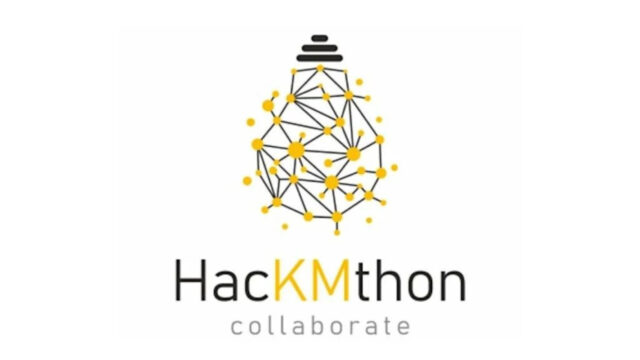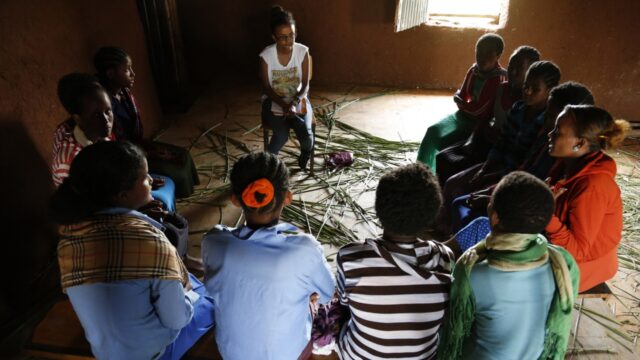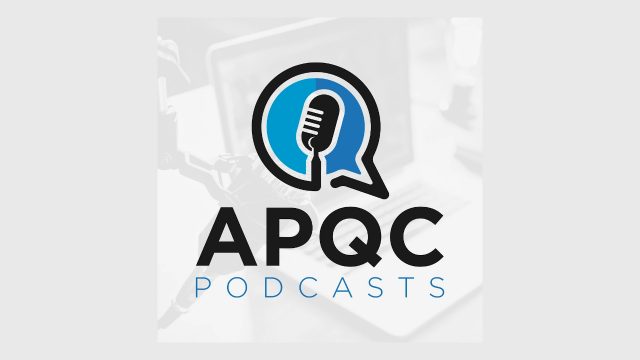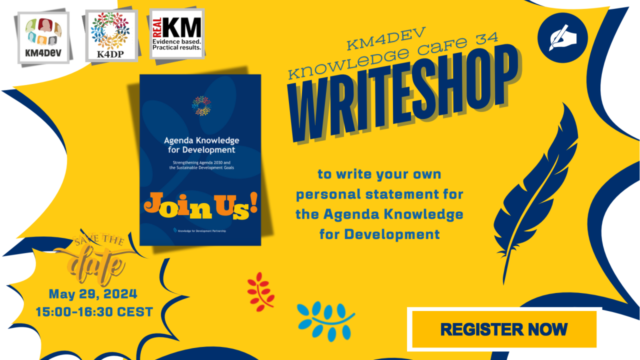KMGN HacKMthon 2023: Global Challenges, 17 October, with RealKM & KM4Dev
Addressing the critical issue of knowledge management (KM) & the lack of UN Sustainable Development Goal (SDG) progress
The newly published SDG Progress Report: Special Edition marks the halfway point in 2015-2030 UN Sustainable Development Goal (SDG) implementation. As I raised in a recent presentation to the KMGN Research Group, this deeply disturbing report sounds the alarm over the lack of progress towards the SDGs. The stark reality is that without radical transformations, MOST OF THE SDGs WILL NOT BE ACHIEVED BY 2030!
Similarly, despite the World Bank’s efforts to provide funding and open access to knowledge, food insecurity is still increasing, as highlighted in the UN World Food Programme report State of Food Security and Nutrition in the World 2023. KM is considered to have been introduced to the development sector by the World Bank (Ferguson and Cummings, 2008).
In response, the KM Global Network is focusing its HacKMthon 2023 on these global challenges, as detailed below and introduced in the video above. RealKM and KM4Dev are collaborating in this important event, with the RealKM and KM4Dev communities having much to offer in regard to KM and sustainable development. The Agenda Knowledge for Development and our recent 6th generation of KM for sustainable development paper are already resources for the event.
Event details
- Event: KMGN HacKMthon 2023: Global Challenges, in collaboration with RealKM and KM4Dev.
- Date: Tuesday 17 October 2023.
- Times: Three 2-hour long sessions for different time zones at 6am, 12 noon, and 6pm GMT (time zone convertor).
- Format: Hybrid, with both virtual global and in-person events in various countries such as Israel, South Africa, and Singapore (please contact us if you’re interested in hosting an in-person event in your location). Miro is the collaboration platform for both virtual and in-person sessions.
- Registration and further information: Please register for one or more of the sessions as soon as possible at https://www.eventbrite.sg/e/hackmthon-2023-global-challenges-tickets-641657142787
- Can you help?: Members of the RealKM community are invited to nominate as session facilitators, or to record short videos (less than 5 minutes) on key initiatives that are addressing the key HacKMthon challenges (below). If you can help, please contact us.
Key challenges
The following two key challenges will be addressed in all three sessions:
Challenge 1
The World Bank is one of the world’s largest sources of funding and knowledge for developing countries. Its five institutions share a commitment to reduce poverty, increase shared prosperity, and promote sustainable development. KM is considered to have been introduced to the development sector by the World Bank (Ferguson and Cummings, 2008).
The World Bank Open Knowledge Repository (OKR) is the World Bank’s official open access repository for its research outputs and knowledge products. They have a Data Blog with relevant and useful data insights.
Unfortunately, despite World Bank’s efforts to provide funding and open access to knowledge, food insecurity is still increasing due to food price inflation and climate change, as highlighted in the UN World Food Programme report State of Food Security and Nutrition in the World 2023.
“So how can we leverage on knowledge management practices and tools to complement existing efforts by World Bank, and drive more significant outcomes to end extreme poverty and promote shared prosperity in a sustainable way?”
Challenge 2
The UN Sustainable Development Goals (UN SDGs) are based on the adoption of the 2030 Agenda for Sustainable Development which was agreed upon at the UN Sustainable Development Summit 2015, with 17 SDGs at its core. The UN provides an open access repository of publications, events, programmes and statements related to specific SDG topics (countries, goals etc).
In the most recent SDG Progress Report: Special Edition, the Secretary-General of the United Nations shared in his foreword, “Halfway to the deadline for the 2030 Agenda, the SDG Progress Report; Special Edition shows we are leaving more than half the world behind. Progress on more than 50 per cent of targets of the SDGs is weak and insufficient; on 30 per cent, it has stalled or gone into reverse. These include key targets on poverty, hunger and climate.”
Further commentary in regard to the lack of SDG progress and what can be done to reverse it can be found in the journal Nature articles What scientists need to do to accelerate progress on the SDGs and The world’s goals to save humanity are hugely ambitious — but they are still the best option.
“So how can we leverage on knowledge management practices and tools to complement existing efforts by UN SDG, and drive more significant outcomes to accelerate achievement of the 17 SDG targets?”






